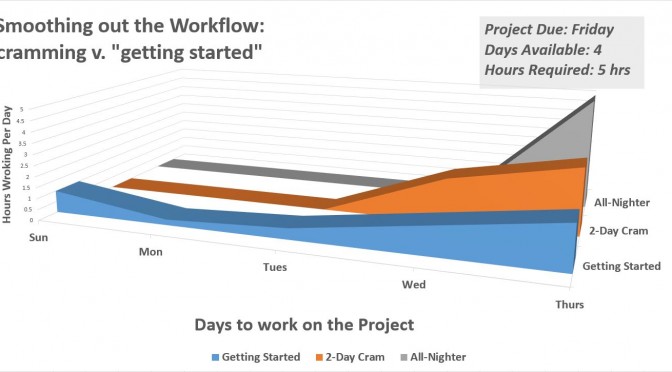 Whether or not your high school senior has accepted a college admissions offer, please note that the Coronavirus shutdown has deeply impacted colleges, and they are increasing both their acceptance rate and offers of financial assistance/ scholarships.
Whether or not your high school senior has accepted a college admissions offer, please note that the Coronavirus shutdown has deeply impacted colleges, and they are increasing both their acceptance rate and offers of financial assistance/ scholarships.
As an experienced academic coach & mentor, I strongly recommend that you speak to your child’s preferred colleges and negotiate acceptance. And if your child has already accepted, speak to the school about reducing tuition.
The reason colleges are accepting more students is that the current crisis has changed the formulas colleges use to set acceptance rates in order match acceptances to actual spaces.
Setting accurate acceptance-to-applications ratio is crucial for colleges in order to:
- not under- or over-fill available campus slots
- maintain competitive ratings in college rankings, as metrics for those rankings include acceptance rates (the higher the acceptance rate the lower the ranking)
Given the uncertainties of the current shutdown, colleges do not know how many students they must accept in order to keep that crucial balance of admissions. They are assuming that fewer students will enroll in the fall semester, therefore they are increasing their admissions, despite the potential drawback on college rankings.
At the same time, colleges are offering incentives both to keep enrolled students and to entice new admissions to make up for potential lost students who may change their plans given the health and financial crisis.
If your college has not made a new offer for “scholarships” or reduced fees, it can’t hurt to ask. They need you as much as you may need or want them.
And speaking of “scholarships” — that term is used by colleges euphemistically to mask what it actually is, quite simply, a discount in price. In other words, when colleges offer, say, a $10,000 scholarship off of a $35,000 tuition, they are NOT giving you $10,000, they are simply reducing the price of tuition by that amount.
The distinction is crucial.
We tend to think of a scholarship as a gift instead of as a reduction in price from negotiation or a purchase opportunity. If scholarships were gifts, then colleges would book the original price as revenue, then offset that revenue with a comparable accounting entry as scholarships. But they don’t. The merely look at it as less revenue.
As they are focused on revenue and not scholarship amounts, colleges have a strong incentive to book a sale regardless of the price, just as do car dealerships.
In fact, the comparison is most apt when you consider that colleges, like auto dealers, operate from a sticker price that they have no intention of booking. For profitability colleges and dealers look to volume and add-ons and other fees to make up for lowered prices (aka “scholarships”).
The takeaway here is that EVERYTHING IS NEGOTIABLE. And even if you have already signed up for a school, it is not too late to ask for a discount — ahem, a scholarship– to make sure your child can still attend that school in the fall, hint, hint.
Let me know if I can help you figure this out. Glad to speak with no obligations on services.
Michael
Free Academic Needs Consultation
For an article on admissions, see Wall Street Journal: https://www.wsj.com/articles/coronavirus-creates-college-uncertainty-admissions-gets-easier-11585134004


 What’s best for school, a laptop, tablet, or PC?
What’s best for school, a laptop, tablet, or PC?
 One of the most effective strategies to defeat procrastination that we have used with students in our
One of the most effective strategies to defeat procrastination that we have used with students in our 
 Fight the need to finish now!
Fight the need to finish now!







